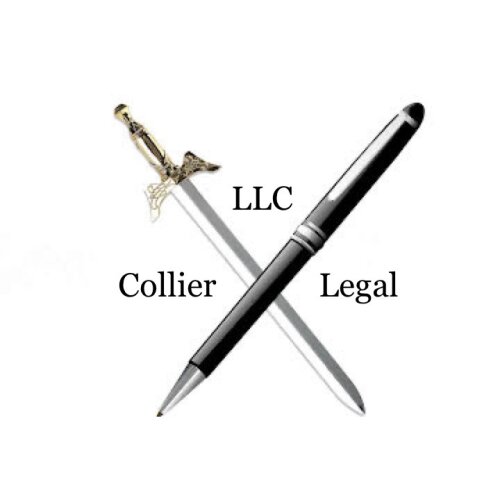Best Patent Lawyers in Columbus
Share your needs with us, get contacted by law firms.
Free. Takes 2 min.
List of the best lawyers in Columbus, United States
About Patent Law in Columbus, United States
Patent law in Columbus, United States governs the protection of intellectual property rights for inventors and innovators. It allows them to legally safeguard their inventions or creations from being used, copied, or sold without their permission. Patents provide exclusive rights to the inventors, granting them the authority to profit from their inventions and prevent others from using them without proper licensing agreements. Patent law aims to encourage innovation and protect inventors' rights.
Why You May Need a Lawyer
While it is not required to hire a lawyer for all patent-related matters, there are certain situations where legal expertise can be invaluable:
- If you are unsure about the patentability of your invention
- If you need assistance with the patent application process
- If you want to ensure your patent is adequately protected and enforceable
- If you need to defend your patent against infringement
- If you require guidance on licensing or negotiating patent agreements
Local Laws Overview
In Columbus, United States, patent law is primarily governed by federal statutes, including the United States Patent and Trademark Office (USPTO). The USPTO is responsible for granting patents and examining patent applications. However, it is crucial to be aware of the specific local laws and regulations in Columbus that may affect patent rights.
Frequently Asked Questions
1. Can I patent my idea or concept?
No, patent protection is only available for tangible inventions, processes, machines, or compositions of matter. However, you may be able to protect your idea through other intellectual property methods such as copyright or trade secret.
2. How long does a patent last?
Utility patents, which are the most common type, last for 20 years from the filing date. Design patents, which protect the visual appearance of an item, last for 15 years from the date of grant.
3. What is the difference between a provisional patent and a non-provisional patent?
A provisional patent is a temporary, lower-cost filing that establishes an early filing date. It allows you to use the phrase "patent-pending" and provides 12 months to file a non-provisional patent application. A non-provisional patent is the formal application for patent protection.
4. What is patent infringement?
Patent infringement occurs when someone uses, makes, sells, or imports a claimed invention without the patent owner's permission. To establish infringement, all elements of at least one claim in a patent must be met by the accused product or process.
5. How can I find out if someone else already has a patent for my invention?
You can conduct a patent search using the USPTO's online database or seek the assistance of a patent attorney or agent who can perform a comprehensive search and provide professional advice.
Additional Resources
If you are seeking more information or legal advice on patents in Columbus, United States, the following resources may be helpful:
- United States Patent and Trademark Office (USPTO) - www.uspto.gov
- Ohio Secretary of State - www.sos.state.oh.us
- Columbus Bar Association - www.cbalaw.org
Next Steps
If you require legal assistance or have specific questions regarding patent law in Columbus, United States, it is advisable to consult with a qualified patent attorney. They can provide personalized guidance, navigate the legal complexities, and ensure that your rights as an inventor are protected.
Lawzana helps you find the best lawyers and law firms in Columbus through a curated and pre-screened list of qualified legal professionals. Our platform offers rankings and detailed profiles of attorneys and law firms, allowing you to compare based on practice areas, including Patent, experience, and client feedback.
Each profile includes a description of the firm's areas of practice, client reviews, team members and partners, year of establishment, spoken languages, office locations, contact information, social media presence, and any published articles or resources. Most firms on our platform speak English and are experienced in both local and international legal matters.
Get a quote from top-rated law firms in Columbus, United States — quickly, securely, and without unnecessary hassle.
Disclaimer:
The information provided on this page is for general informational purposes only and does not constitute legal advice. While we strive to ensure the accuracy and relevance of the content, legal information may change over time, and interpretations of the law can vary. You should always consult with a qualified legal professional for advice specific to your situation.
We disclaim all liability for actions taken or not taken based on the content of this page. If you believe any information is incorrect or outdated, please contact us, and we will review and update it where appropriate.









